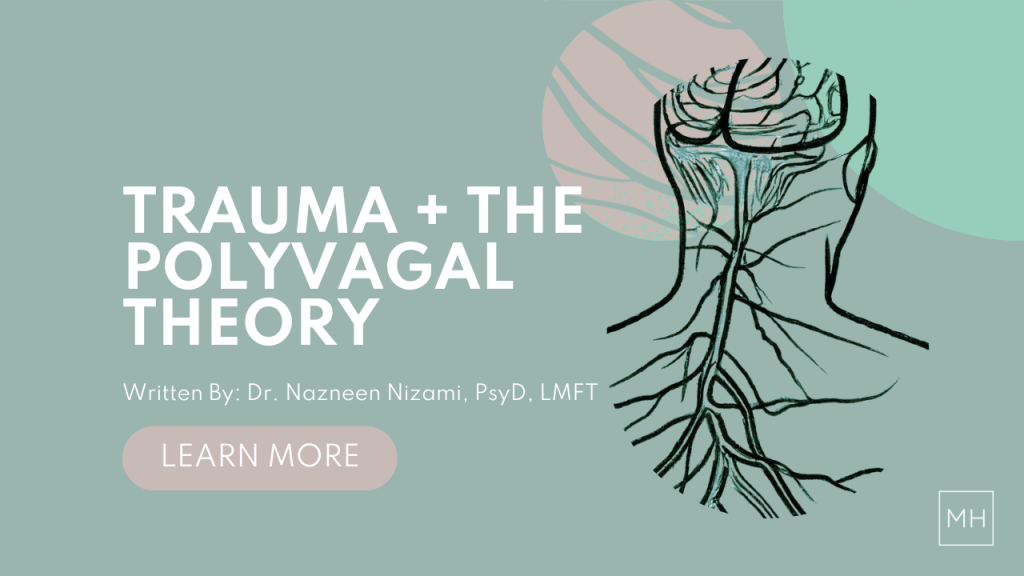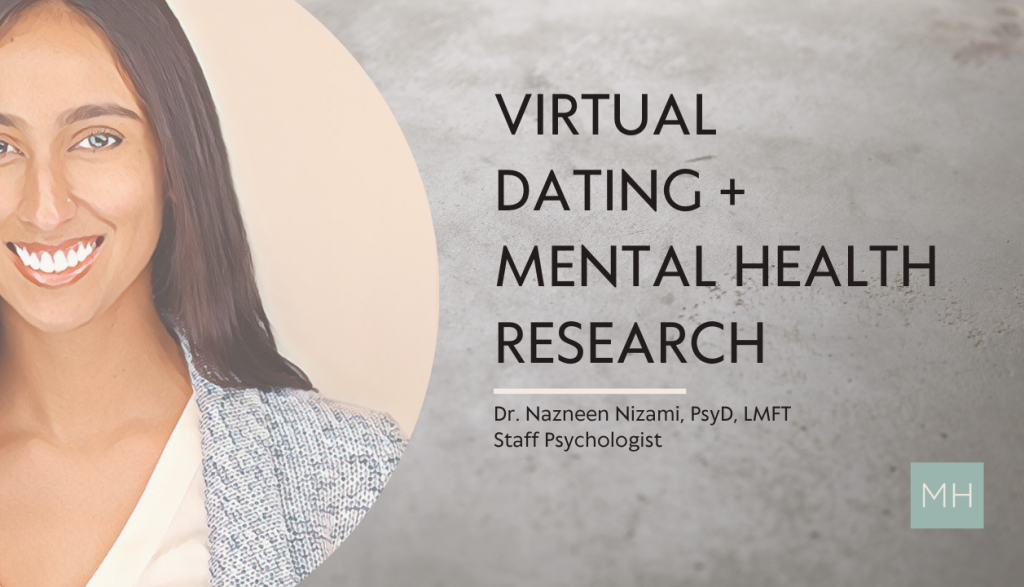IDENTITY WORK + A PREFERRED WAY OF LIVING
INTERVIEW WITH DR. NAZNEEN NIZAMI, PSYD, LMFT :: ASSISTANT CLINICAL DIRECTOR
How can I define myself in a world where I may feel disconnected or I may feel unseen? My take with identity work is always coming back to the preferred way of living. We have these expectations and these standards, and I refer to this as the measuring stick, so we constantly are like reflecting ourselves to this measuring stick and comparing if we’re meeting the standard with social media and with just that more intense discourse of expectation, we’re falling short a lot of the times. That’s leading to, you know, depression that’s leading to suicidality, it’s leading to anxiety that becomes really unmanageable for folks.
HOW ARE YOU SUPPORTTING YOUNG ADULTS WITH IDENTITY WORK?
My target with a lot of young adults is really coming back to who do you prefer to be and what’s the life that feels most comfortable for you? Right? Where are the pressures coming in? Where do you feel like maybe you have to behave or act or look or feel a certain way, and how can we maybe integrate more of your preference in that so it feels less anxious, so it feels a little bit more congruent with your identity? It’s a hard question for folks. The who am I? It sounds simple, but it is definitely tough to answer and I think throughout your life that changes too. So I use the word BECOMING a lot in my sessions. BECOMING integrates the idea that there’s no end, that there’s constant transformation, and there’s the ability to be flexible with the different parts of yourself at different points in time. I found people really like that concept because it’s not totalizing and it’s not encapsulating of only one identity or one part of you, but rather all these parts that get to exist and be seen and be valued. Helping people find what that looks like is really important when it comes to thinking about these other symptoms that bleed in to how I feel about myself and the world.
DO YOU HAVE A QUESTION?
Send our team a message or call 888.717.9355

